How Australia is failing women at risk of breast cancer 10 years after Angelina Jolie’s revelation
Australia is struggling to fund tests and treatments for breast cancer as insurance is also being refused for those who have the genetic cancer genes.
Health
Don't miss out on the headlines from Health. Followed categories will be added to My News.
Ten years after Angelina Jolie shocked the world by revealing she’d had a preventive double mastectomy, Australia is failing to fund tests and treatments for genetic cancers.
There are 10-month waits for preventive mastectomies in the private sector and 18-month waits in the public hospital system.
And the ripple effect is devastating – in the last six months alone, at least 10 women have developed cancer while they waited for surgery.
“Angelina gave us that precious moment, and we didn’t take it and run with it,” said Krystal Barter founder of Humanise Health and breast cancer charity Pink Hope. More on Krystal’s story below.
“It has shown us how far we are from having timely access to genetic testing, how difficult the criteria to access public testing is, how we have failed to train and recruit enough of a workforce.”
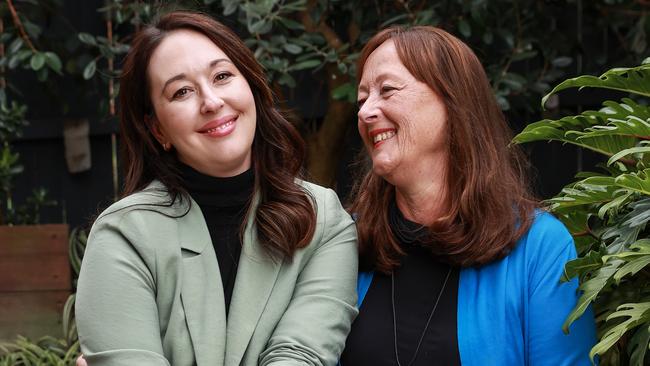
While the government provided a Medicare rebate for the genetic testing in 2017, a request earlier this year to have Medicare fund the compulsory genetic counselling associated with the test was knocked back.
This means subsidised counselling is only available in understaffed public familial cancer clinics. Not enough workers are being trained and there are long waiting lists.
And while new therapies are available to extend the lives of women who develop cancer because they carry the faulty genes inherited by Jolie, our Pharmaceutical Benefits Scheme (PBS) has not funded them.
In one positive, immunotherapy Keytruda was in March approved for some women with advanced triple negative breast cancer – a cancer often associated with the BRCA genes carried by Jolie but not those with early stages of the cancer.
But breakthrough treatment Lynparza – which directly targets the gene fault behind cancers caused by BRCA1 and 2 mutations and costs more than $140,000 per course – failed to receive a subsidy for treating for HER2-negative BRCA-positive early breast cancer.
Oncologist Fran Boyle said the outcome was disappointing because a trial that included many Australian women “showed an improvement in overall survival and the drug itself is fairly well tolerated”.
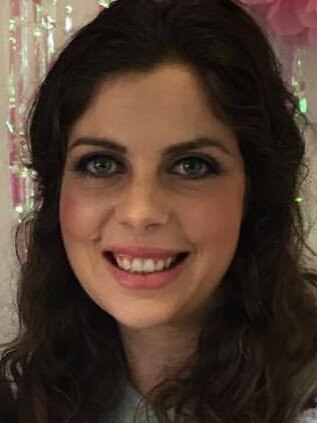
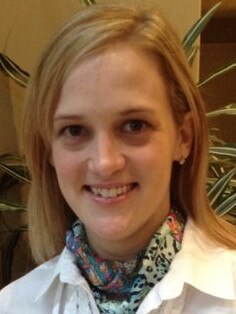
Linda Cicciarelli from the Human Genetics Society of Australasia said most genetic counselling services had a six-month wait. It could then take a further three months to get the results of the genetic test and there was a risk patients could develop cancer while waiting.
Even though genetic medicine is booming, there are only two highly expensive ($50,000) university courses to train new counsellors and just 60 are graduating each year.
To reduce the risk of the cancer, women with the BRCA genes can have preventive mastectomies.
“In my career I have seen people wait three years or more (for preventive surgery). Our system tends to miss preventive opportunities because they are not considered urgent,” chief operations officer of the Human Genetics Society of Australasia, Lauren Hunt, said.
Jolie’s mastectomy revelation saw the number of women seeking tests for cancer genes in Australia triple, the number of women having risk-reducing mastectomies double, and women with cancer who had both breasts removed – rather than just the affected one – triple.
Pathologist Graeme Suthers said the number of tests for BRCA genes had risen from 1650 in 2018, when a Medicare rebate was introduced, to 3529 by 2022.
Even so, only four out of 10 of the relatives of people identified to carry the gene come forward for testing.

Jolie lost her mother, grandmother and aunt because the family carried the cancer-causing BRCA1 gene which has become known as the “Angelina Jolie gene”.
Women with BRCA1 or BRCA2 gene mutations have a seven in 10 chance of getting breast cancer and are more likely to be diagnosed with breast cancer at a younger age. They are also at risk of ovarian cancer.
As the anniversary of the New York Times article where she revealed her mastectomy approached Angelina Jolie last week used Instagram to pay tribute to her mother who would have turned 73 last week if she had not passed away to breast and ovarian cancer.
“In June, I will be a month away from the age she was diagnosed. I have had preventive surgeries to try and lessen the chances but I continue to have check ups.”
She urged other women to “go for your mammograms and blood tests or ultrasounds, particularly if you have a family history of cancer”.
Monash University Associate Professor Paul Lacaze is trailing population-wide genetic testing of 10,000 people aged 18-40 for four disease-causing genes, including the BRCA genes.
“If scaled up, the DNA Screen program will undoubtedly save thousands of lives in Australia, and finally realise the preventive potential of genomics,” he said.
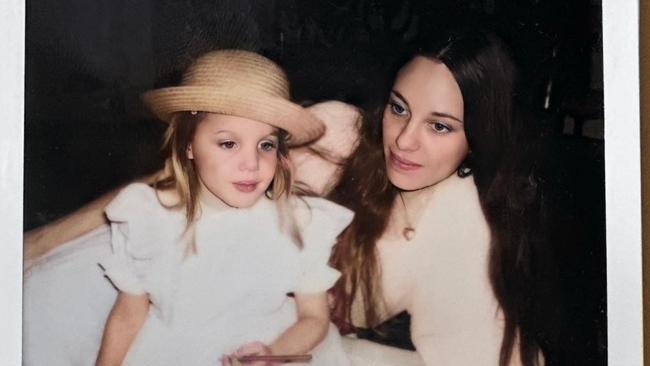
HEAVY COST OF INSURANCE DISCRIMINATION
Women with cancer-causing genes are being refused life insurance – or being charged double for the policies or offered downgraded cover.
Travel insurance companies are also discriminating against them, by denying cover for trips as short as two weeks even though they do not actually have cancer.
It is a major reason why many Australians who have a familial risk of cancer or heart disease refuse to undergo genetic testing, putting lives at risk.

“People may already be dying because of the failure to protect consumers against (insurance) discrimination,” Monash University researcher Jane Tiller said.
“If you don’t tell an insurer this information when you are required to, then you’re making a fraudulent application basically.
“If your result shows that you have some kind of risk, they can deny you cover altogether, they can significantly increase your premiums or they can place exclusions on cover and not cover you for anything to do with cancer, or gynaecological issues, because it could be related to the BRCA gene.”
When people with a family history of cancer are informed of the insurance risk before they have a genetic screening test they often refuse the test, she said.
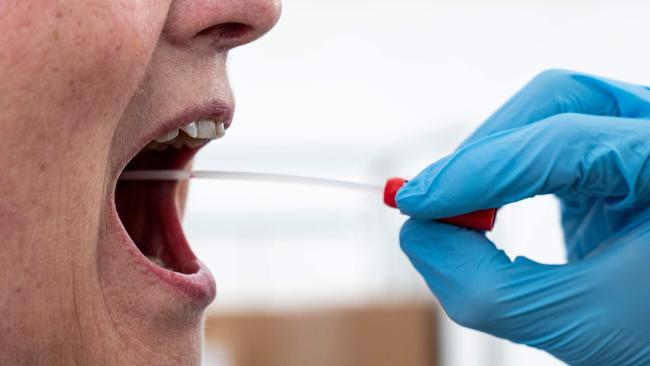
The Disability Discrimination Act makes it unlawful to discriminate against a person on the basis of disability but it provides an exemption for risk rated insurance, including life insurance, insurance against accident or other policy of insurance. It also applies to membership of a superannuation fund or scheme. Health insurance is not affected.
A parliamentary inquiry in 2017 recommended life insurers be banned from using predictive genetic information but it was never acted on by the government.
In 2019, the financial services industry put in place a partial moratorium so that people can get $500,000 of life cover without having to disclose their genetic test results.
“Not all insurers are doing the right thing. It’s completely self regulated. So there’s no government oversight or involvement and it hasn’t changed the law and $500,000 of cover, for most people with a mortgage doesn’t cover what they need,” Ms Dr Tiller said.
A spokesperson tor the Australian Government said it is important that consumers do not feel disincentivised to undertake genetic tests where it is in their interest to do so and the Government encourages people to undertake genetic tests in those situations.
“Where clinically appropriate, consumers can already access items for genetic testing through the Medicare Benefits Schedule. Additionally, the Australian Government is investing $500.1 million in genomic research through the Genomics Health Futures Mission,” the spokesperson said.
KRYSTAL’S STORY OF CHOICE
For a moment in time, it was the biggest story in healthcare.
It changed the whole trajectory of my life and that of millions of other families around the world. It led to more research, more investment, the innovation of BRCA targeted therapies, more hope, or so I thought.
Ten years on from her message on the power of genomics, we can all now fully appreciate what awareness it brought but it also clearly shows us how we tend to squander opportunities for real change – no matter how celebrated these moments can be.
It has shown us how far we are from having timely access to genetic testing, how difficult the criteria to access public testing is, how we have failed to train and recruit enough of a workforce, how we continue to miss many opportunities to test at the right time to ensure precision medicine, risk stratification and prevention … and how we continue to miss our window to do that.
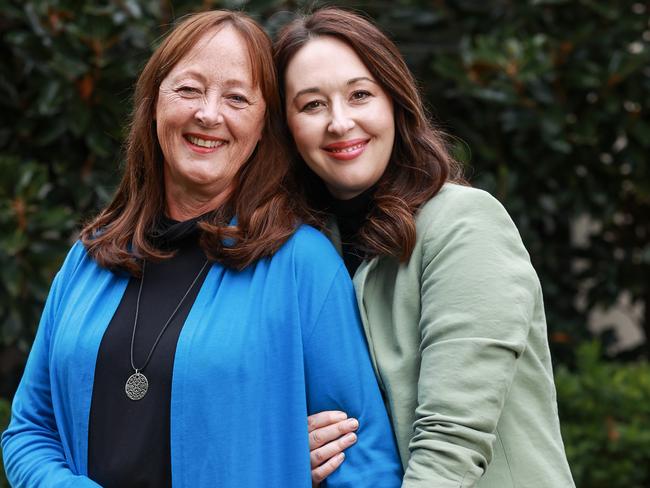
Angelina gave us that precious moment, and we didn’t take it and run with it. We talked about it. If realising the full potential of genomics is like getting to the top of Mount Everest, we haven’t even packed our bags yet.
I truly believe, together, we can ensure genomics is firmly placed on the agenda and the changes patients of today and tomorrow need are prioritised. We can’t let change continually be strangled by red tape. We need to be brave, and we need to see the significant economic benefits and long-term health benefits that genomics brings to the health of Australians.
This means government, private, public, industry, leaders, organisations, families and advocates uniting and working together to solve the issues now.
Genomics is the greatest gift, it’s ultimately a story of choice. My story of choice. Choice in treatment, choice in prevention, choice in disease management and risk reduction … and sometimes choice in even knowing.
I was born at a time in the world where a simple test could give me something generations of my family literally died for. This knowledge was given to me at a moment in time where I could do something about it. I am alive because of this test; I am alive as a reminder that, with the gift of knowledge, you have choice. You can have answers, and you can defy your destiny. We just need to make sure it’s accessible for everyone at the right time, and we need to at least give them the choice.
I believe this is our moment in time to do it.
Krystal Barter is the founder of breast cancer Charity Pink Hope
More Coverage
Originally published as How Australia is failing women at risk of breast cancer 10 years after Angelina Jolie’s revelation





